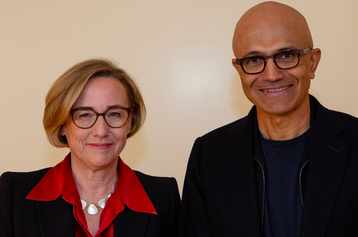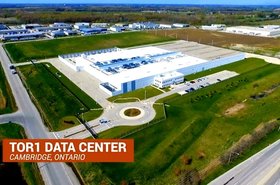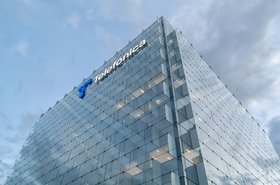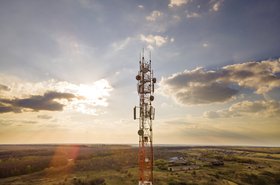Vodafone has signed a $1.5bn deal with Microsoft for generative AI, cloud computing, and IoT services.
As part of the 10-year agreement, Vodafone will invest $1.5bn in the cloud giant and will be using Microsoft Azure's OpenAI and Copilot technologies for its customer experience, exit "multiple" physical data centers, and migrate its data and workloads to Microsoft's Azure cloud.
In return, Microsoft will become an equity investor in Vodafone's IoT platform when it is spun out as a standalone business in April, and will use the company's fixed and mobile connectivity services.
Vodafone's CEO Margherita Della Valle said: “Today, Vodafone has made a bold commitment to the digital future of Europe and Africa. This unique strategic partnership with Microsoft will accelerate the digital transformation of our business customers, particularly small and medium-sized companies, and step up the quality of customer experience for consumers.”
This new generation of AI will unlock massive new opportunities for every organization and every industry around the world,” said Satya Nadella, chairman and CEO of Microsoft. “We are delighted that together with Vodafone we will apply the latest cloud and AI technology to enhance the customer experience of hundreds of millions of people and businesses across Africa and Europe, build new products and services, and accelerate the company’s transition to the cloud.”
Vodafone's IoT business is an IoT-managed connectivity platform that connects around 175 million devices and platforms worldwide. Ultimately, the platform is expected to be added to the Azure ecosystem for access by third-party companies.
The two companies will also be further developing Vodafone's M-Pesa, the largest financial technology platform in Africa, by housing it on Azure.
Vodafone and its many country units have numerous data centers of various sizes across Europe, but the company operates core data centers in Spain, Ireland, Italy, and Germany. It is an Oracle Cloud customer and has deployed on-premise dedicated regions at those core locations.







